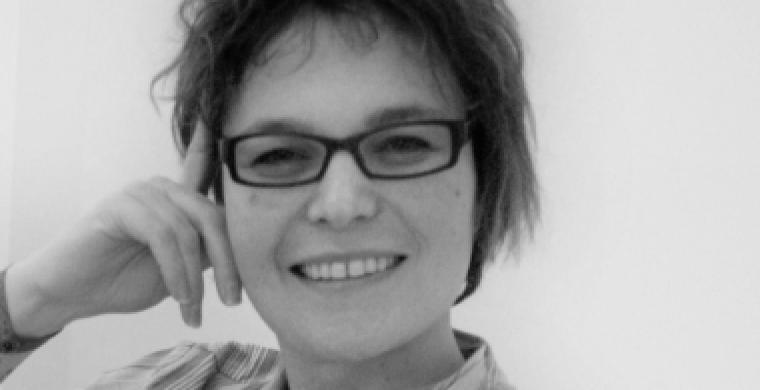ENGLAND: Transgender priest Rachel Mann made minor canon at Manchester Cathedral
'God did not reject me,' she says
By Ruth Gledhill
http://www.christiantoday.com/
June 7, 2014
 A person's view on sexuality, a 'test' used by many in evangelical circles to determine whether a Christian is 'sound' or 'saved', could soon be a thing of the past, according to the lesbian cleric recently made a minor canon of Manchester Cathedral.
A person's view on sexuality, a 'test' used by many in evangelical circles to determine whether a Christian is 'sound' or 'saved', could soon be a thing of the past, according to the lesbian cleric recently made a minor canon of Manchester Cathedral.
Canon Rachel Mann, 44, said she believed a shift was currently taking place in the area of sexuality in the same way it did on slavery two centuries ago.
She was honoured with the title of Minor Canon at Manchester, which has the second highest LGBT population in the country outside London, for her work as resident poet at the cathedral. The honour also signals however a potential tectonic shift in the established Church's often-tormented approach to the issue of sexuality. Could it mark the beginning of an era where it is possible to be both an 'orthodox' Christian yet 'liberal' on the gay issue?
Canon Mann, priest-in-charge of St Nicholas Burnage near Didsbury in south Manchester for six years, was born a boy, in the working class end of Hartlebury. The Bishops of Worcester until recently lived in the castle, which is at the posh end of the village.
She realised at just five that she had what is now called 'gender dysphoria' and has written eloquently about her journey to her true self, a trans lesbian, in her book Dazzling Darkness, a best-seller in LGBT church circles. In her poetry book, The Risen Dust, she also writes movingly about her spiritual journey.
She "came out" in her twenties and finished "transitioning" in 1995. Her birth certificate now, "joyously!" she says, has her as "female", made possible by the Gender Recognition Act of 2004. The law, and therefore the Church, sees her as a woman at every level. "I see myself as a woman too," she says. "However, it's important that I also acknowledge my journey so I also see myself as a 'trans woman'. This is by way of contrast with someone like yourself who queer theorists and theologians would call a 'cis woman.' This is an area of controversy in the trans community because increasingly trans people are asking for the option to call themselves, for example on official documents, as trans rather than 'man' or 'woman'. I am really too middle-aged and settled to see myself as anything other than as a woman."
Also in her early twenties, she felt "pursued" by God in the way that many young adults called to the priesthood describe their vocation. She could not lose the image she had of Jesus as a remarkable figure, the "ideal man", although she felt put off by what she knew of church. This changed after the day she was in her office at Lancaster University, where she taught philosophy, and was overwhelmed by the urge to pray. She offered herself to God, if there was indeed a God to hear, and to her surprise felt a response come back.
"I sensed God was there but more than that, God did not reject me. I know part of the reason I resisted for so long was the sense of how could God love someone who identified as a lesbian, who was trans. I had imbibed so much of that prejudice we see in the Church."
She is conscious of living in something of a "bubble" in Manchester where it is not out of the ordinary to be an LGBT Christian. When the seemingly-harsh pronouncements of the House of Bishops, such as the February missive, are set aside, she says, the Church on the ground reflects the complexity of views that exist also in wider society.
"There is a whole range of views, but my experience on the ground is that people want to meet others where they are at." Pioneers such as Steve Chalke have, she says, helped change things significantly. She is also part of a new group, Diverse Church, made up primarily of young, gay evangelical Christians, that is not as yet widely known but is exerting a perceptible influence at the grass roots among youth.
END














